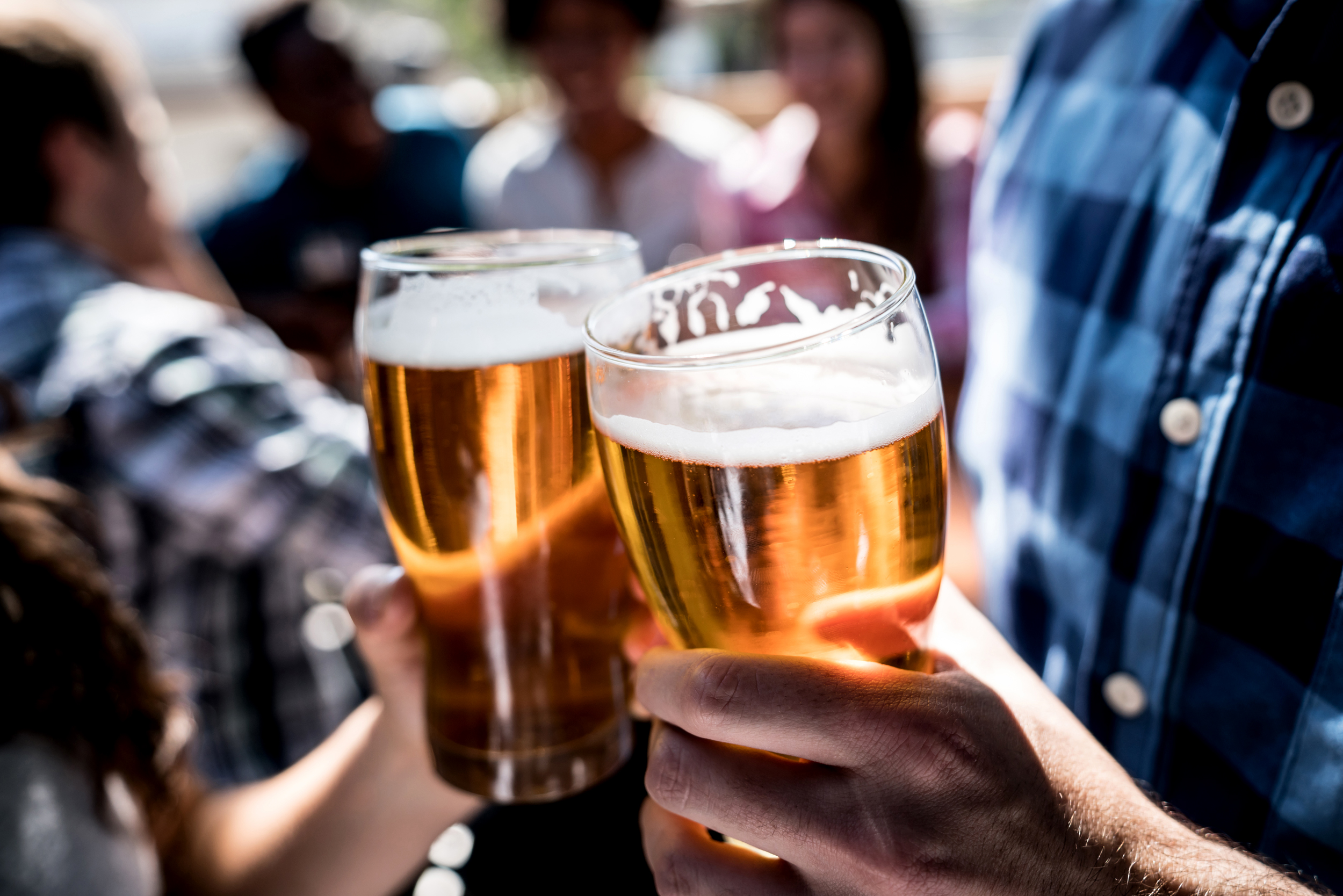Binge drinking is the act of consuming too much alcohol within a short span to get high. A lot of people keep asking, “Is binge drinking harmful?”
Having experience of the issue myself (due to a past of heavy drinking), I’m here to demystify this matter. Binge drinking can be harmful in many ways; not only is it bad for your health, but if you choose to drive after binge drinking, you may find yourself in an accident, or worse, and if that is the case, you may need the help of a dui criminal attorney who may be able to aid with your case. So, not only can it cause physical harm, it could cause emotional and psychological harm too.
Scientifically speaking, when you take over 6 units of alcohol in one session, you have committed binge drinking. Six units of alcohol could mean one of the following:
- 2 – 3 pints of beer (4% alcohol concentration)
- 2 – 3 glasses or 175mls of wine (13% alcohol)
The truth is binge drinking is more dangerous than taking a standard beer daily. It can lead to irreversible damage to the body. Most people think that having 4 – 5 drinks in a night is okay, even if they do it once per week. But we are here to tell you that this habit is as bad as being a daily drinking officer. For one thing, your liver can only metabolize alcohol at a particular rate. As such, when you take more than the recommended daily allowance (RDA) for alcohol, your liver may not cope with the toxins you’re pumping into your body. Of course, the liver has a number of cells that work together to flush out toxins and help your body remain stable and healthy. You can try here to see more in-depth, research based information on the function of these cells; know that although they may be functioning pretty well, overburdening them could cause quick damage to the organ, and thus, your entire state of health. If you suspect that your system, particularly the liver is malfunctioning, an hcv antibody could be beneficial to find if you’ve got any chronic issues such as hepatitis C.
Note: The RDA for women is 2 standard drinks and 3 for men
Poisoning Your System
By taking more than 3 standard drinks, you are effectively binge drinking while wreaking havoc on your liver, stomach, pancreas, and the nervous system- not to mention the sickly feeling and terrible headaches that follow after having “fun”. Keep in mind that the side effects of binge drinking last several days afterward even when the “hangover” feeling goes away. Some people report nausea, low appetite, indigestion, and sleep disruption. These are symptoms of a poisoned body system.
Let’s not forget that you put your skin under the mercy of the alcohol you consume. You will not see it coming as you take sips but the consequences become apparent days later when your skin breaks out. If a dull complexion or pimples start developing, you’ll have alcohol to thank for your new look. The sugar content and the dehydrating effects of alcohol are even more worrisome for ladies.
Apart from the physical effects of binge drinking, excessive alcohol intake can make you feel depressed. How ironic- you wanted to fee high and later you feel quite down. You may not experience this immediately but it can worsen your moods in the long term. Remember this the next time you go out for a drink.
A summary of Risks Associated With Binge Drinking
- Memory problems
- Violence- sexual assault, suicide, domestic violence etc.
- STDs
- Unplanned pregnancy, miscarriage, stillbirth, and related complications
- Fetal alcohol syndrome
- Alcohol dependence
- Unintentional injuries like falls and alcohol poisoning
- Cancer: mouth, throat, colon, esophagus, liver, and breast
- Chronic ailments: heart disease, high blood pressure, liver cirrhosis, and stroke
Is Binge Drinking Alcoholism?
Binge drinking is not alcoholism. Alcoholism is defined as the addiction to alcohol. It is an alcohol use disorder and a form of abuse. Its diagnosis depends on the problems that the abuser is facing. Someone who is into alcoholism drinks more than is needed and is unable to cut down the intake. They have unexplained cravings. They even spend more time trying to get drinks and to recover from hangovers. This leads to low performance in school, home, or at work. Worse yet, they continue drinking even as the problems escalate. That is why most alcoholic individuals endure failed relationships because they forgo important things in life. It reaches a point that they struggle to eliminate withdrawal symptoms using the same alcohol that is causing withdrawal. At this point, they probably won’t be able to get out of the habit by themselves, and would need the help of somewhere like this rehab center in california to get the treatment they need and take back control of their life.
Ways to Reduce the Risks of Binge Drinking
If you cannot avoid alcohol, we suggest you try the following just to be on the safe side:
- Always plan for drinks in advance to avoid issues like drink driving
- Take your beer slowly and limit how much you take in a session
- Drink with food
- Have non-alcoholic drinks to alternate with beer, wine, brandy, whiskey, etc
